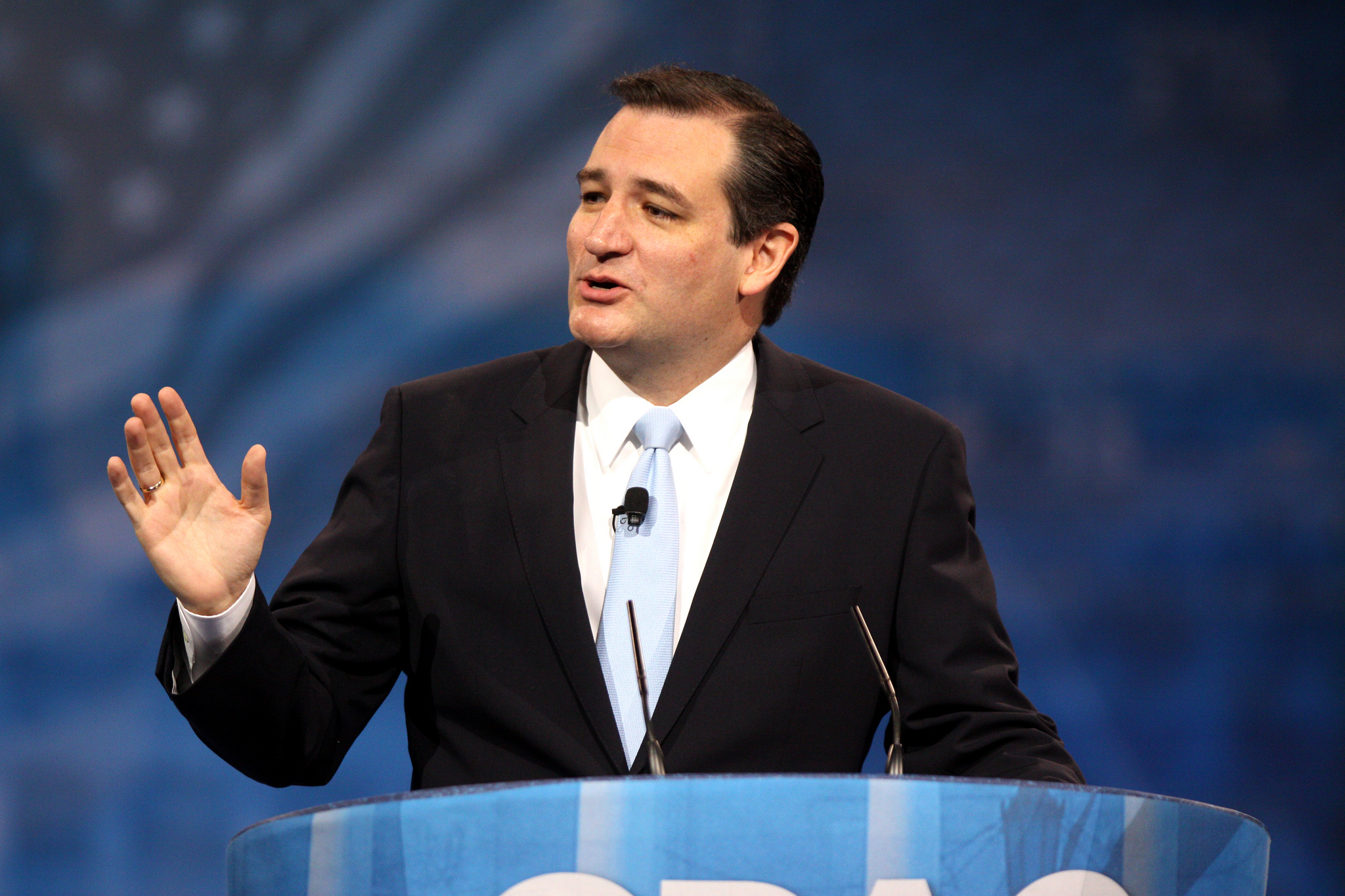Sen. Ted Cruz has been making headlines on his trek to become the Republican nominee for the 2016 presidential election.
Cruz’s tactics are abnormally overt for a potential candidate, spreading what can best be described as fire and brimstone political sermonizing across the country. His words and demeanor aren’t just authoritative or passionate, they’re practically ecclesiastical.
This approach says a lot about the current dispositions and the potential future of the extreme conservative right. While Cruz’s strategy may seem off-putting and baffling to many, there is a carefully calculated set of tactics backing his words. His politicized, Baptist preacher shtick may prove to have more solid footing than his critics give him credit for.
“The world is on fire!” Cruz declared a few weeks ago at a speech in Barrington, New Hampshire. This statement, though clearly hyperbolic, reduces Cruz’s platform to “The world is crashing down, but I can help you save it,” in a nutshell.
Factually speaking, such a statement is ridiculous at face value and Cruz surely knows this. His use of extreme, pseudo-biblical apocalyptic terminology is not flippant or unintentional. On the contrary, it’s the cornerstone of his brand.
Cruz’s entire platform is based on fear calculated to lean deep into the gratuitously misinformed presumptions of his hardcore conservative audience.
For a while now, a particular breed of conservative has become one of the central pillars of Republican support: an almost uniformly white, middle-to-upper class Christian contingent that has been on the retreat in recent years, losing ideological battles on multiple fronts including the “fight for marriage,” reproductive rights and racial issues.
Time and time again, the general cultural consensus is siding against the ultraconservative ideology, and this trend is only rising.
My criticism of Cruz’s rhetoric isn’t a statement about religion or Anglo-Saxon culture in any broad sense. This is about religion as a cultural norm that survives simply because its followers have made a point of hiding themselves from ideas that could subvert what they’ve found convenient to believe.
Amid an environment of fear and panic, the ultraconservative masses crave a savior figure to deliver them from a perceived apocalypse. This is the figure that Sen. Cruz is presenting himself as.
To what degree Cruz believes his own alarmist tactics is a mystery, but it matters not if the politician believes his sermons (and, in this case, I would guess that he doesn’t). What matters is that he can sell them.
What may seem like lunacy on the surface is a well-strategized appeal to a demographic that is fervent enough to make a desperate political bid in their direction well worth it. By tapping this nerve with focus and precision, Cruz could very well gain traction where previous, less disciplined alarmists (the incoherent antics of Sarah Palin come to mind) have slipped and fallen.
Whether Cruz will succeed or not remains to be seen. He’d have to mellow considerably by election time to successfully broaden his appeal, but the support of a panicked, aggressive minority is not to be underestimated.
Cruz will spend the next year and a half attempting to ride this wave of fear mongering and zealous militancy in the hopes that he will launch himself into the White House.
Andrew Allen is a sophomore majoring in communications.







